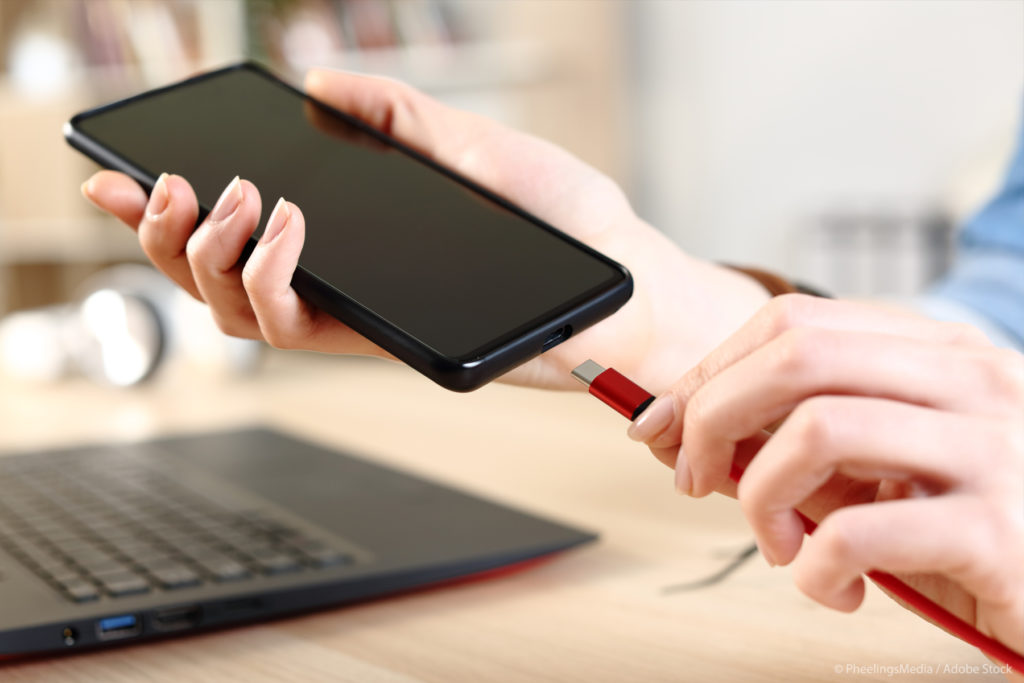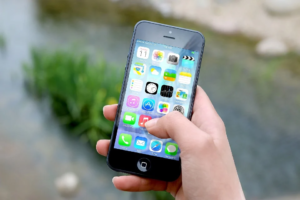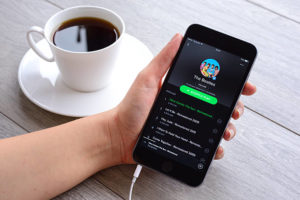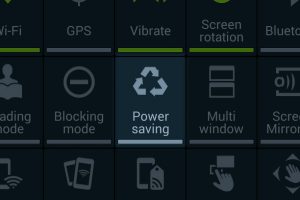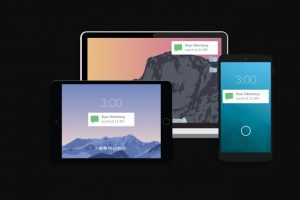Have you ever found yourself in a situation where your phone battery is critically low, but you don’t have your regular phone charger with you? You may have wondered if it’s possible to charge your phone using a USB-C laptop charger.
In this blog post, we will explore whether or not this is a viable option and discuss the potential benefits and drawbacks. So, buckle up, and let’s dive into the world of USB-C laptop chargers and phone charging!
Related: An updated guide to USB: From USB 1 to USB C to USB 4
Imagine this: you’re sitting in a bustling coffee shop, sipping your favorite brew, when you suddenly realize your phone battery is on its last breath. Panic sets in as you desperately search your bag for a phone charger, but alas, it’s nowhere to be found. However, you do have your trusty USB-C laptop charger with you. Could this be the solution to your predicament? Let’s find out!
What is USB-C?
Before we delve into the details, it’s important to understand the basics. USB-C, also known as USB Type-C, is a versatile and widely adopted connector that allows for high-speed data transfer and power delivery.
It has become increasingly popular in recent years due to its ability to charge various devices, including laptops, tablets, and smartphones. Now, let’s explore whether a USB-C laptop charger can charge your phone.
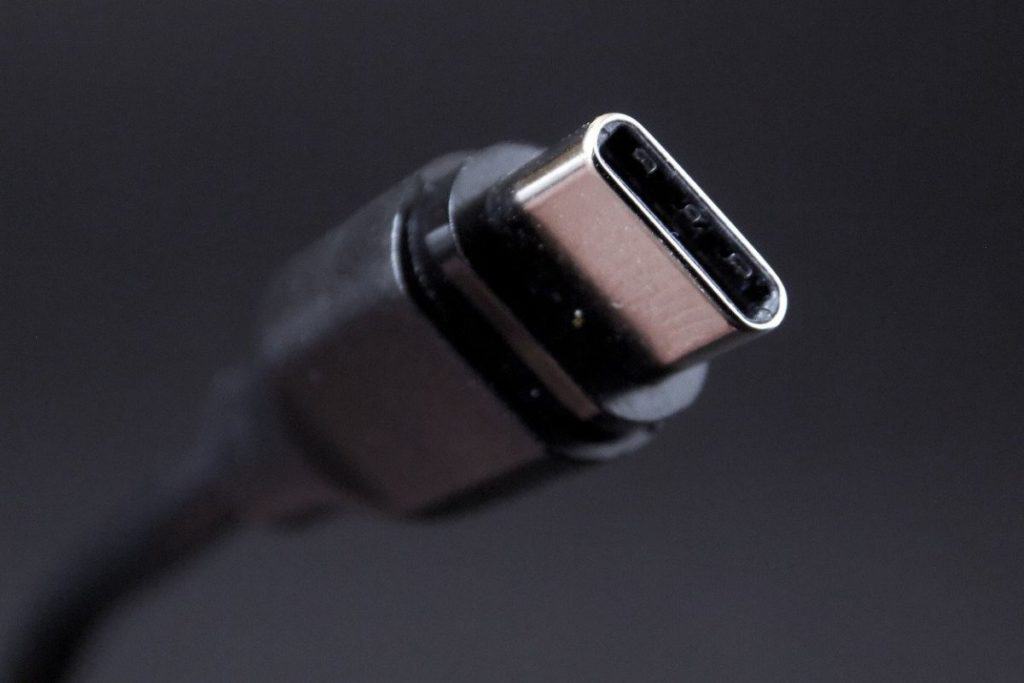
Compatibility of USB-C Laptop Chargers
When it comes to charging your phone with a USB-C laptop charger, compatibility is key. While USB-C is a universal connector, not all laptop chargers are created equal. Some laptop chargers may have higher power outputs or be specifically designed for a particular laptop model, which may not be suitable for charging your phone. However, many USB-C laptop chargers do have the capability to charge phones.
In general, USB-C laptop chargers are equipped with Power Delivery (PD) technology, which allows for fast charging and efficient power transmission. PD technology enables the charger to negotiate optimal power delivery with the connected device, ensuring a safe and reliable charging process. This means that, in most cases, you can indeed charge your phone using a USB-C laptop charger.
Related: 6 things to know before buying your next USB cable
Is your USB-C PD-enabled?
It’s important to note that not all USB-C laptop chargers support PD technology. Therefore, before attempting to charge your phone, ensure that your laptop charger is PD-enabled. This can usually be identified by looking for the PD symbol or the power output specifications on the charger itself. Now that we know compatibility is essential, let’s discuss the potential benefits and drawbacks of using a USB-C laptop charger to charge your phone.
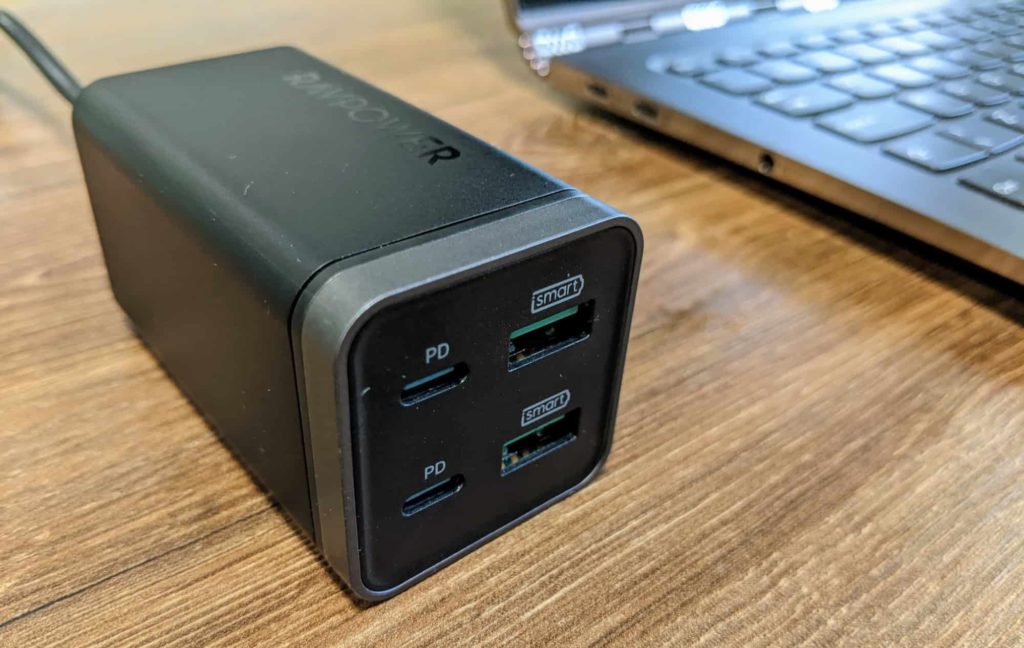
Read More: How to Tell If Your Laptop Has USB-C Power Delivery (PD) Port
Benefits and Drawbacks
Using a USB-C laptop charger to charge your phone offers several benefits. Firstly, it eliminates the need for carrying multiple chargers when you’re on the go. Instead of lugging around separate chargers for your laptop and phone, you can simply use your laptop charger for both devices. This can be incredibly convenient, especially for frequent travelers or individuals who like to keep their bags light.
Another advantage of using a USB-C laptop charger is the potential for fast charging. USB-C chargers, equipped with Power Delivery technology, can provide higher power outputs, allowing for faster charging times compared to traditional phone chargers. This means that you can quickly top up your phone battery before heading out, saving you valuable time.
However, there are a few drawbacks to consider. One potential drawback is the power output limitation of the USB-C laptop charger. While USB-C chargers are capable of delivering higher power outputs, they may not match the power output of a dedicated phone charger. This could result in slower charging times or, in some cases, the inability to charge your phone if the charger’s power output is insufficient.
Safety Precautions
When using a USB-C laptop charger to charge your phone, it’s essential to take certain safety precautions. Firstly, always ensure that your phone and charger are compatible, as using an incompatible charger can potentially damage your phone’s battery or circuitry. Additionally, avoid using third-party or uncertified USB-C chargers, as they may not meet safety standards and could pose a risk to your device.
Related: How to tell a USB charge-only cable from a USB data cable
Wrapping Up!
In conclusion, YES, you can charge your phone with a USB-C laptop charger, but it’s crucial to consider compatibility, power output limitations, and safety precautions. USB-C laptop chargers offer convenience and the potential for fast charging, making them a viable option when you find yourself in need of a phone charger.
However, always exercise caution and use certified chargers to ensure the safety and longevity of your devices. For the past two months, I’ve personally used my Chromebook charger to charge my Samsung Galaxy, and all is well so far. Please share your thoughts in the comments if you’ve found this article helpful!
Discover more from Dignited
Subscribe to get the latest posts sent to your email.


